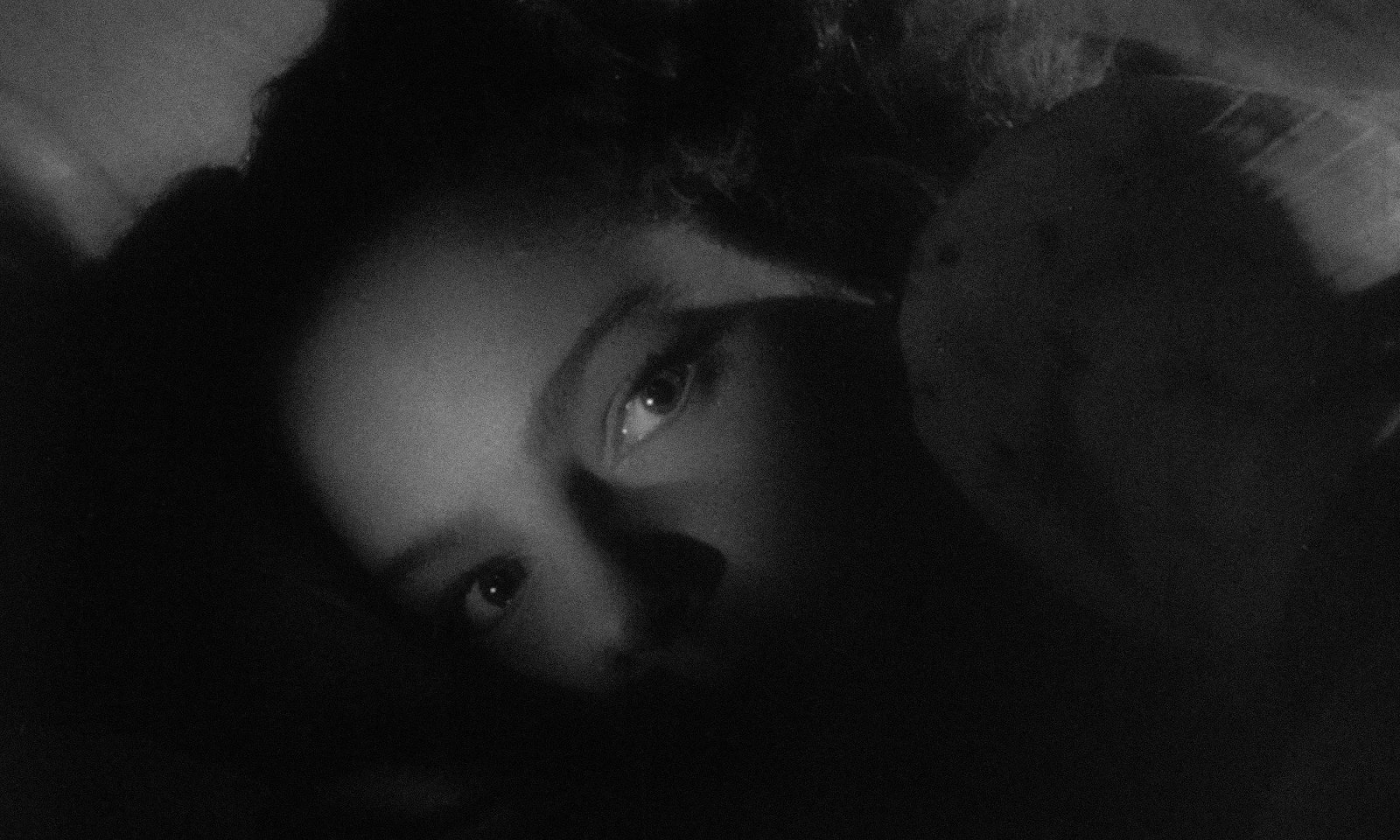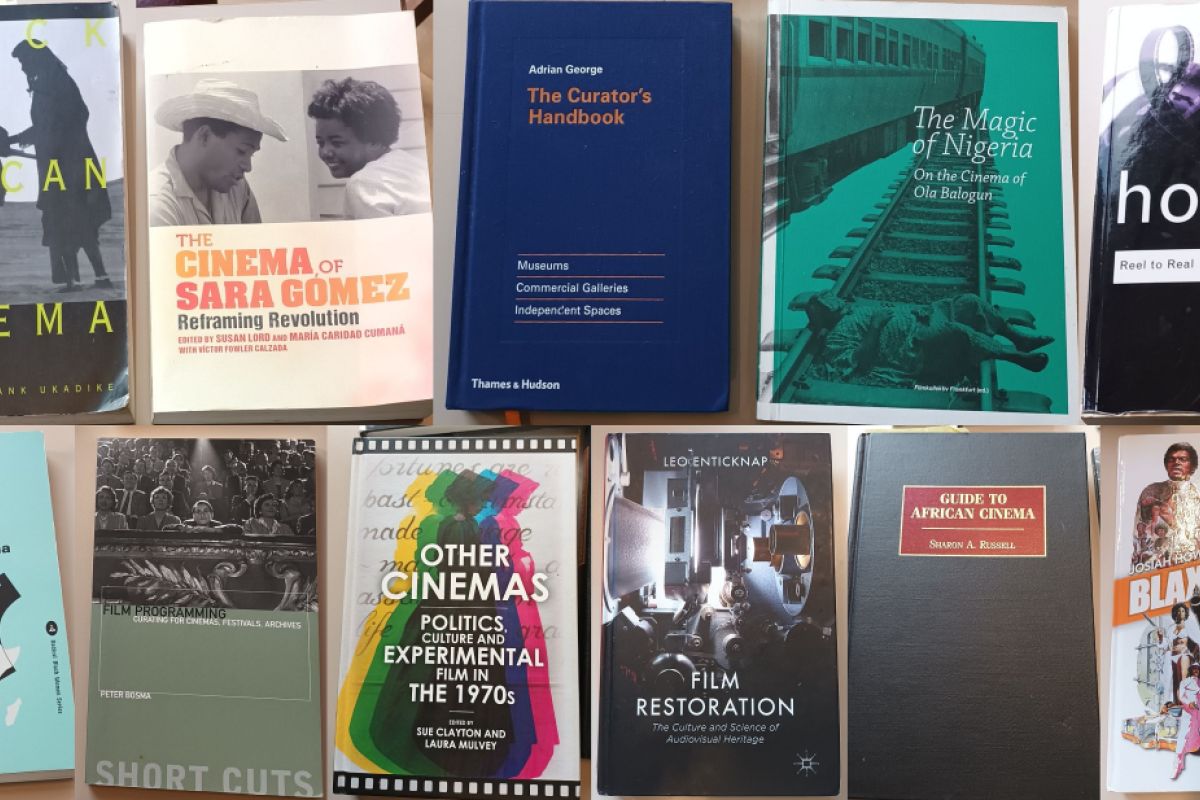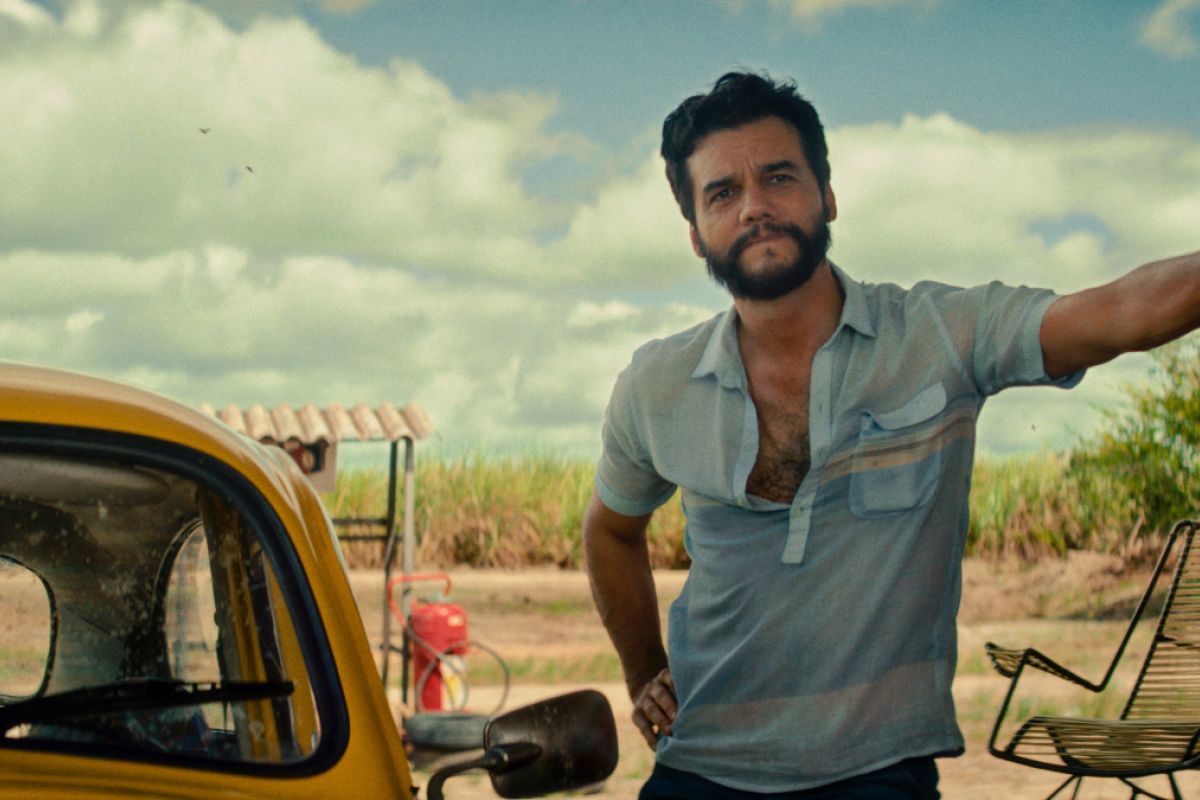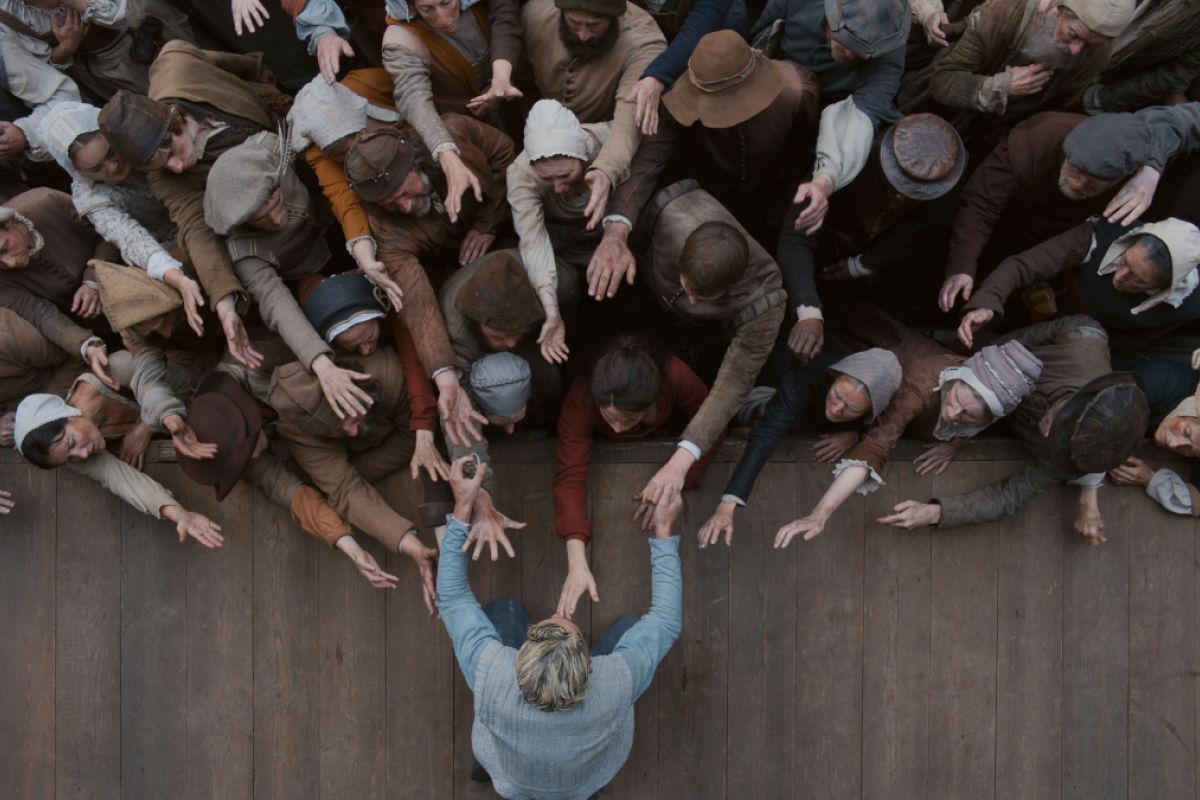-(002)-landscape.jpg)
Interview with Charlie Shackleton
Ahead of his visit to Hyde Park Picture House this weekend.
Can you tell us about any independent cinemas that had a particular impact on you when you were growing up?
The Clapham Picturehouse and the Ritzy in Brixton were my local cinemas growing up in South London. I'd love to tell stories of discovering my love of arthouse cinema there but actually my only two memories of cinemagoing at that age are getting ID'd going to see Mr and Mrs Smith with my first girlfriend, and getting so bored watching Brick that I wandered out and watched the second half of X-Men: The Last Stand instead.
It was only later in my teens, when I started travelling further afield, to the Prince Charles Cinema in Central London, and Riverside Studios in Hammersmith, that my cinematic horizons began to expand.
One of the most fascinating things about your film, The Afterlight, is that it exists as a single 35mm print so there's a fragility to it and with each time it's screened it will gradually erode. Does its mortality scare you at all in the same way it makes me hold my breath as I write this?
Working on the film, I always assumed that would be the case: that I would hold my breath every time the print left my hands, wondering if I would ever see it again. But in practice, it's become so palpably clear to me that the film only really exists when the print is not my hands—when it's running through a projector, screening for an audience. And as that cumulative audience gets larger and larger, and more and more people are wandering around with memories of the film, I become less and less precious about the physical object itself, and less anxious about its eventual non-existence.
What one film would you be most terrified of losing forever?
I get a lot of weird looks when I tell people this, but I almost never rewatch films—not on principle or anything, I just don't have any real desire to do so. I think that's partly because I find one of the greatest pleasures of film viewing to be the inevitable associations you build from all the circumstantial factors: the setting, the company, what happened to be occupying your mind while the movie played. So I'm quite happy for every individual film to be bound up in the context of my one encounter with it. And as a result, I guess I've 'lost' every film I've ever seen.
Which of your films did you find most challenging to make and why?
The Afterlight, probably, because its very specific conceptual constraint and ultra-low budget meant it really was a solo pursuit for much of its production. My producers Catherine Bray and Anthony Ing were amazing at helping to refine the structure and tone of the film as it came together, but much of the process really was just a case of me, sitting alone, poring over material and trying to conjure something out of nothing. That's not the most fun way to work, nor the quickest, so I really had to work to keep the faith that it was all leading somewhere.
We can't imagine a better guest to help us do a deep dive into the subject of censorship since it's something you're so passionate about and is a theme in lots of your work including your ten-hour Paint Drying film. We're excited to hear more from you on the day but, as a sneak preview, we wondered - what are some examples of censorship that you've been particularly shocked by?
It's not exactly shocking but my favourite fact about Britain's film censor board—the BBFC—will always be that it changed its name from the British Board of Film Censors to the more euphemistic British Board of Film Classification in, of all years, 1984.

About Charlie Shackleton
Charlie Shackleton is a nonfiction filmmaker, critic and curator living and working in London. His most recent work, the one-on-one performance film As Mine Exactly, won the Immersive Art & XR Award at last year's BFI London Film Festival and went on to have extended runs at the Barbican Centre in London and the Museum of the Moving Image in New York.
Charlie Shackleton presents an enlightening day of rare films diving into censorship over the ages for our Hyde Park Film School from 10:00 this Saturday 11 May. You can find out more and book tickets here.
We are screening the only 35mm print of Charlie's film, The Afterlight, on Sunday 12 May at 14:00 with an introduction from Charlie himself. You can book tickets here.


